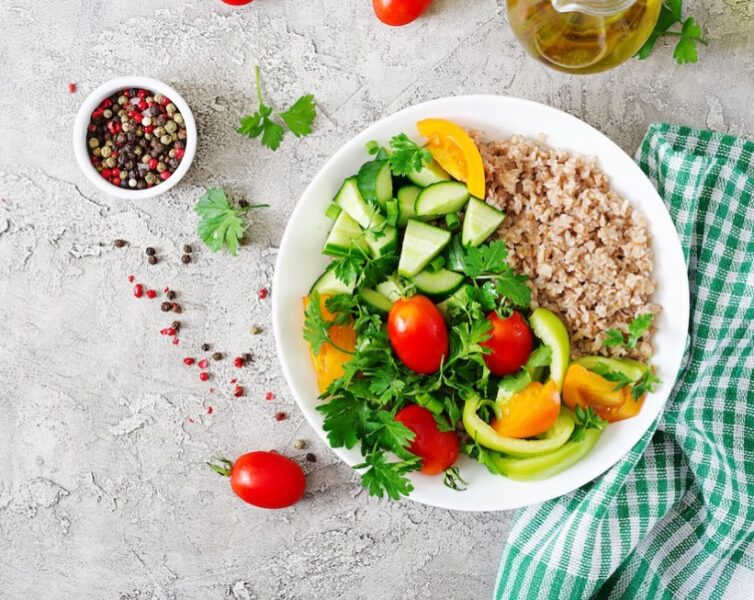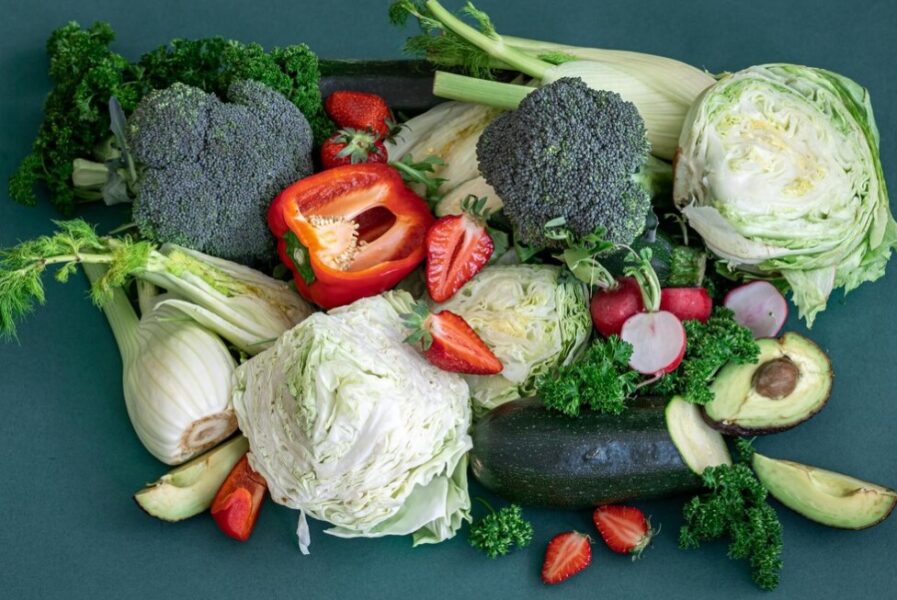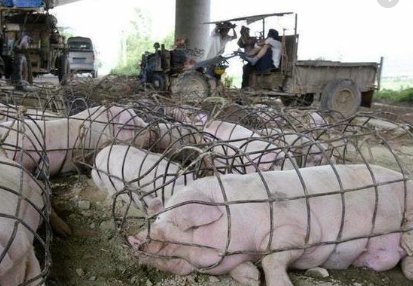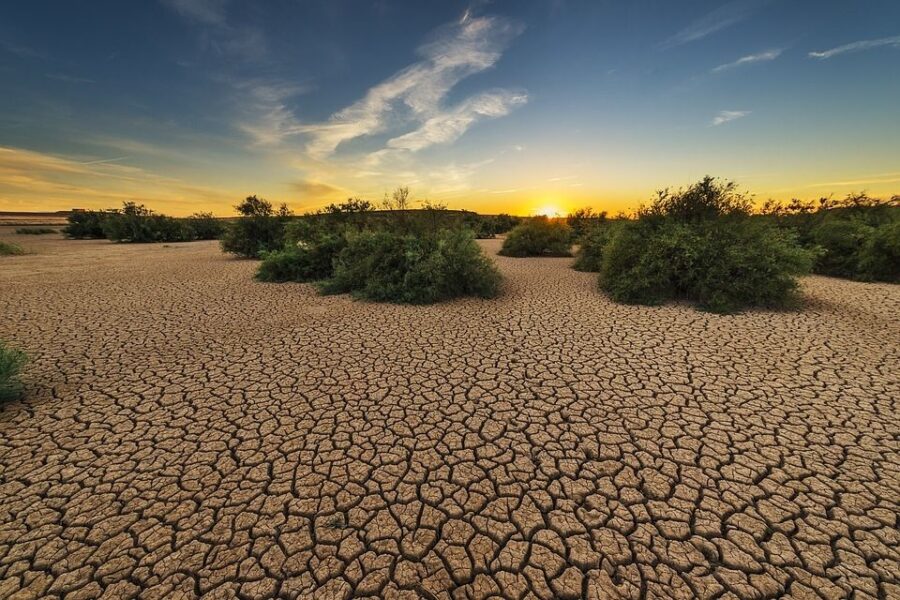
You must be one of the many people who are considering going vegan. More people than ever are beginning to understand how our foods affect human health, animal welfare, and climate change. This tutorial was created for anyone interested in being vegetarian or vegan! Our objective is to give new flexitarians and vegans in India the most helpful information possible. To make sure that every bite matters in achieving this, we will continuously update our guidance.
Contrary to popular belief, starting a vegan diet is about having more options! The number of plant-based variations of your favorite foods will surprise you. There is so much power in the fact that the tempo you choose determines the tale you convey.
Embark on the journey now!
Reasons to go Vegan
Reduce your carbon footprint with every bite you take!
Animal agriculture industry consists of dairy, meat, leather, wool, silk, and so on. Consuming these goods and their byproducts has a highly noticeable effect on the globe.
Here are some some key research findings:
Global Impact of Animal Agriculture
- The Food and Husbandry Organization of the United Nations discovered that 14.5% of all greenhouse gas emissions worldwide come from animal agriculture. Source
- Global transportation generates less greenhouse gas emissions than animal agriculture does. That includes each and every vehicle, including vehicles on trains, ships, and aircraft. Source
- According to the UN animal husbandry is responsible for approximately 65% of all nitrous oxide emissions. About 300 times more potent as a greenhouse gas than carbon dioxide, and nitrous oxide. Source
- Less than 20% of the world's calories are produced by livestock, despite it taking up over 80% of all agricultural land. Source

Indian impact of animal agriculture
- In 2014, 16% of India's greenhouse gas emissions came from the agricultural sector. Just from animals, more than two-thirds of those emissions were produced. Source
- According to the Department of Animal Husbandry and Dairy, India has been the world's top milk producer since 1998. India is also the world's biggest consumer of dairy products. Source
- India has one of the lowest per capita meat consumption rates in the world at 4.5 kg, but even a minor increase might result in a sharp rise in meat output. Source
- Over 70% of Indians occasionally or regularly eat meat. Source
- Beef is the fourth-largest export from India and brings in more money than basmati rice. Source
- According to research by the Australasian Agribusiness Review, demand for livestock products increases far more quickly than for any other food group when wealth rises in rural and urban regions across India. The most significant animal goods market is milk and milk products, with slight increases for meat, eggs, and fish. Source
I don’t eat meat, I’m a vegetarian. Would it make a difference to go vegan?
Veganism is more eco-friendly because the dairy sector fuels the beef business in India. Only a cow or buffalo that has just given birth to a calf may produce milk. Male calves are either utilized for breeding, slaughter, or abandonment. Others are sent to labor, sent to be slaughtered, or left behind when they become too old and frail.
For milk production, females are maintained alive for a longer time. Female cows or buffaloes are sold to butchers through intermediaries when they are at the height of their production. This cycle enables a substantial output of meat and dairy products as well as a sizable animal population.

With an astounding 500 million heads, India boasts the greatest population of cattle in the world. Livestock was responsible for 15.3 million tonnes of methane emissions in 2012, according to research from the Indian Institute of Technology Delhi and the Deenbandhu Chhotu Ram University of Science and Technology.
Methane has a 20-fold greater warming effect than carbon dioxide. According to the study, the population of cattle in India alone may boost Earth's temperature by 0.69 millikelvin during the next 20 years, or 14% of the entire rise in world temperatures.
Since dairy is consumed more broadly than meat, eggs, and fish and will likely continue to do so, eliminating it presents a significant opportunity for Indian consumers to combat climate change.
Is it Ethical?
Isn’t it natural to eat meat?
In the past, people believed that meat was a good source of sustenance. It was a rare treat and a prestige symbol because it was hard to get to frequently. This is so that they can be raised and killed, which takes a lot of resources and effort.
Meat has always been connected with happiness and progress, but the modern world is a very different place. It is no longer required to raise animals for food in order to survive. Even in rural nations like India, food production is mainly industrialized.
Most of your food may originate from the industry if you live in a city. In contrast to the natural environment, humans can access various meals in our kitchens, restaurants, and grocery shops. Therefore, it's crucial to inquire about the meat's actual naturalness.
Treating animals differently violates the Golden Rule.
The Golden Rule is a principle accepted by most cultures and societies. It asserts that you should treat people how you would like to be treated.
However, we do not apply this to the numerous creatures trapped in fisheries, dairy farms, slaughterhouses, chickens, cows, pigs, and goats. Approximately 1.2 trillion marine species and more than 70 billion terrestrial animals are slaughtered yearly for food.
Don’t we need to eat meat for our health?
The most prominent nutrition organization in the world, the Academy of Nutrition and Dietetics, asserts that a diet free of animal products is not only sufficient for humans at all stages of life, including pregnancy, but also suitable for them.
With the help of a B12 supplement, all vital elements may be gained through plant-based diets. Most people worldwide have access to wholesome plant-based diets and products.

Animals Have a better quality of life when they not used for food
The brutal industry treatment harms Animal's lives. They are kept to serve their wants and goals.
Animals endure suffering during the procedure, including intense confinement, castration, kicking, forced impregnation, cruel transportation, and killing.
They are subjected to psychological suffering, denied access to their natural and social activities, and denied personal medical treatment.
Animals suffer.
Although they have brief lives, animals reared for meat and dairy suffer from birth until slaughter. Animals are frequently kept in incredibly cramped settings and forced to breed in significant numbers to keep up with the enormous demand.
The crowded, living, breathing, feeling beings agonize in misery when they are mistreated, struggle when handled rudely, and get severe illnesses. And they are sent for slaughter once fully grown.
Extremely congested conditions, adverse weather, and a lack of food or drink are all part of transportation. As a result, many animals pass away before getting there.
In your area, there may be a store where chickens are crammed into tiny cages and immediately killed. These are the outward manifestations of a long, laborious supply chain that clever, grass-loving, sun-loving birds must endure.
Vegan for beginners
A fantastic resource for recipes and frequently asked questions because adopting a vegan lifestyle is so simple.
Click here to join the group.




